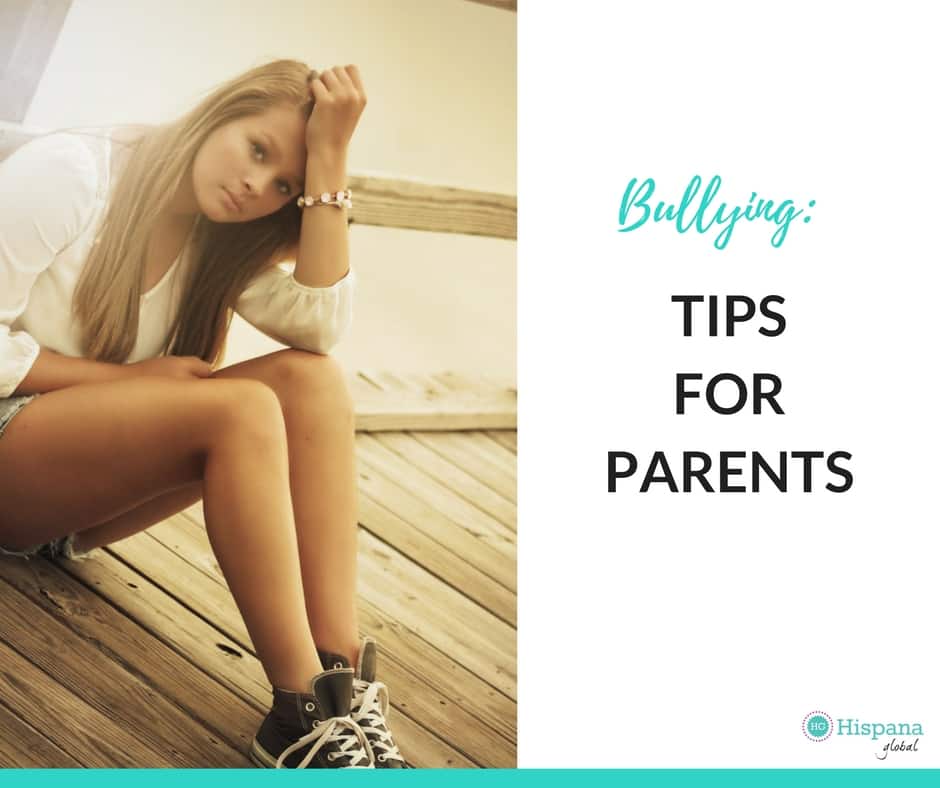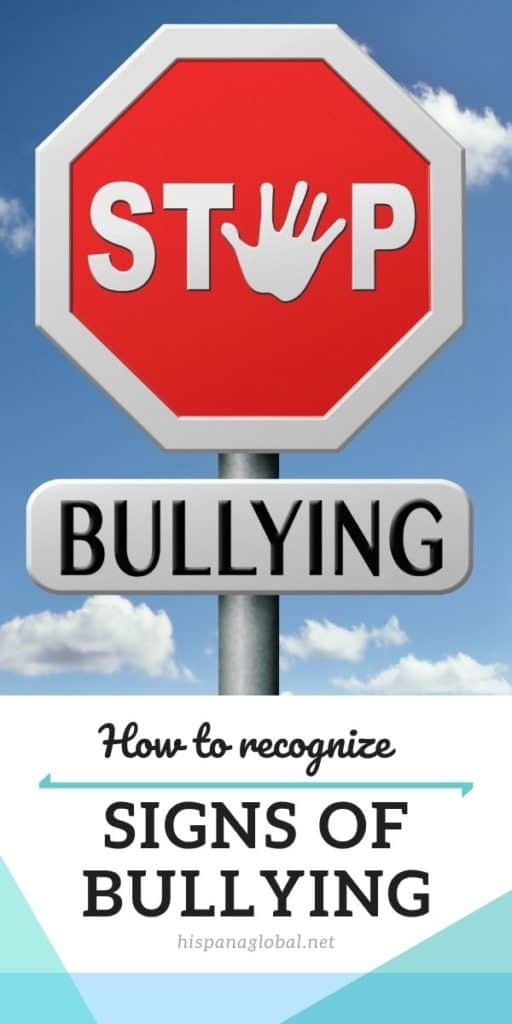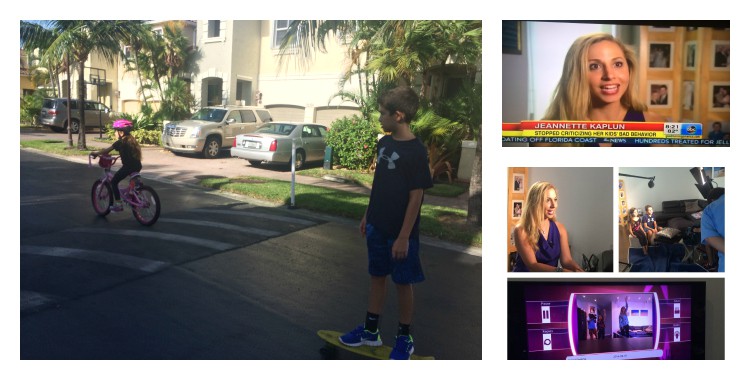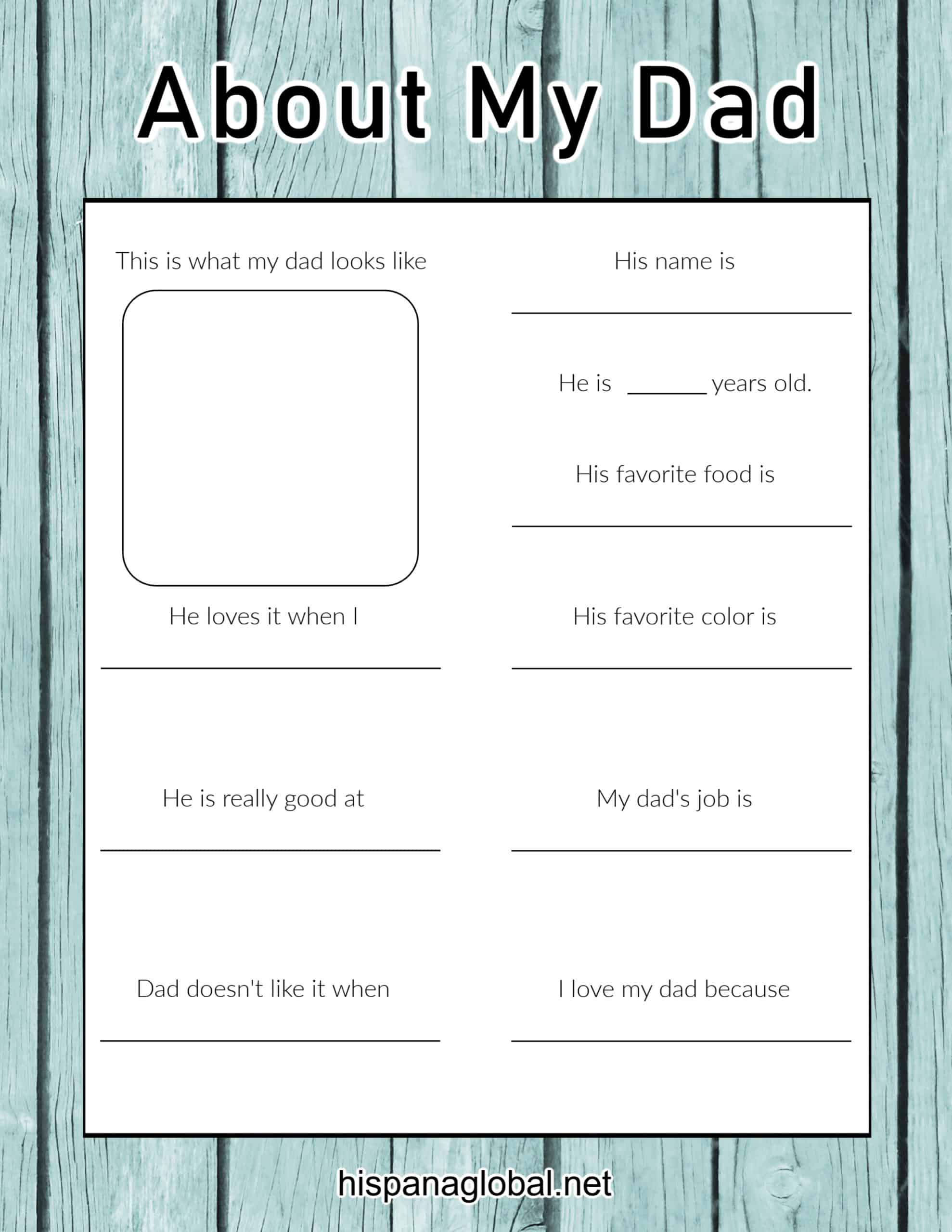How To Recognize the Signs of Bullying and What to do About it
Bullying affects one-third of students, according to the JAMA. It’s not just a statistic. Too many children suffer constant aggression, whether physical, psychological or via social media. That is why bullying creates so much stress for kids and parents alike. Keep in mind that being teased once in a while is not bullying, but constant taunts, exclusion or widespread rumors are considered harassment. Boys tend to suffer from more physical aggression, while girls tend to endure more social or relational forms of bullying. Learn how to recognize the signs of bullying what to do about it.
Most children who are bullied keep quiet and don’t tell their parents. They feel adults can’t really help them, but studies show prompt intervention from teachers or other adults makes a difference. Bullies need to be confronted and stopped. However, I know this is easier said than done. Since I have personally experienced bullying, this is a topic that is very important to me and I keep trying to help prevent it and support those who are going through this. Bullying is associated with depression and low self-esteem, so please keep an eye for possible signs that your child is under distress.
Possible signs of bullying
Here are some signs that your child is being bullied:
- Changes in sleep patterns. For example, your child has trouble falling asleep.
- Changes in behavior patterns. If your child has become more introverted, anxious or fearful, something may be happening at school.
- Changes in eating patterns. If your child does not seem to want to eat or eats too much, it can be a sign of anxiety.
- A sudden drop in grades.
- Refuses to go to school or participate in certain activities.
- If children constantly complain of stomach or headaches before going to school and are not sick, they may be trying to avoid going to school.
What you can do if you suspect your son or daughter is being bullied
- Try to talk to your child in a quiet and relaxed atmosphere. Avoid giving her or him the third degree. Go for a walk, have some ice cream or play together and then try to listen if your kid is willing to share what is bothering her or him.
- Do not talk to the bully. You can make the situation worse. This means you should not reach out to the parents of the bully. Under no circumstance threaten the aggressor or their family.
- Do speak with teachers and administrators to see what happens at school. Also, find out what the school’s anti-bullying policy is.
- Monitor social networks and text messages.
- Reinforce your child’s self-esteem. Teach him to speak to himself in positive rather than negative terms.
- Expand your child’s social circle by signing them up for extracurricular activities. They can be a part of a team, a club or volunteer.
- Seek the help of an expert, like a child psychologist, to teach them how to defend themselves against hurtful words and actions.
3 things you can do right now if your child suffers from bullying
- Reinforce your child’s self-esteem. Make him or her see that it is not their fault and remind them that nobody can control the behavior of others. However, they can control how they respond to other people’s actions.
- Talk to the school and teachers so they know what is going on, but ask them for confidentiality. Take notes of every meeting or document each call you have so you have a record of what was spoken and promised.
- Give hope. Remind your child that this is a temporary situation and that together you will find a solution.
Apps you should be aware of
There is a lot of cyberbullying, and harassment via social media. It tends to affect girls more than boys, but it can be very hurtful. That’s why I strongly suggest you monitor your children’s mobile phone, especially during the tween and teen years. At the very least, you should know about:
- Snapchat
- TikTok
None of these apps are evil in themselves, but many teens use them to cyber-bully those they perceive as different or weak. Read about them and explain to your child what is appropriate and what isn’t, so they also learn what to post.
Hopefully, you won’t ever need these tips, but if you do, please know I am here to listen. Bullying changed me but it has never defined me.
En español: Consejos sobre bullying o acoso escolar









